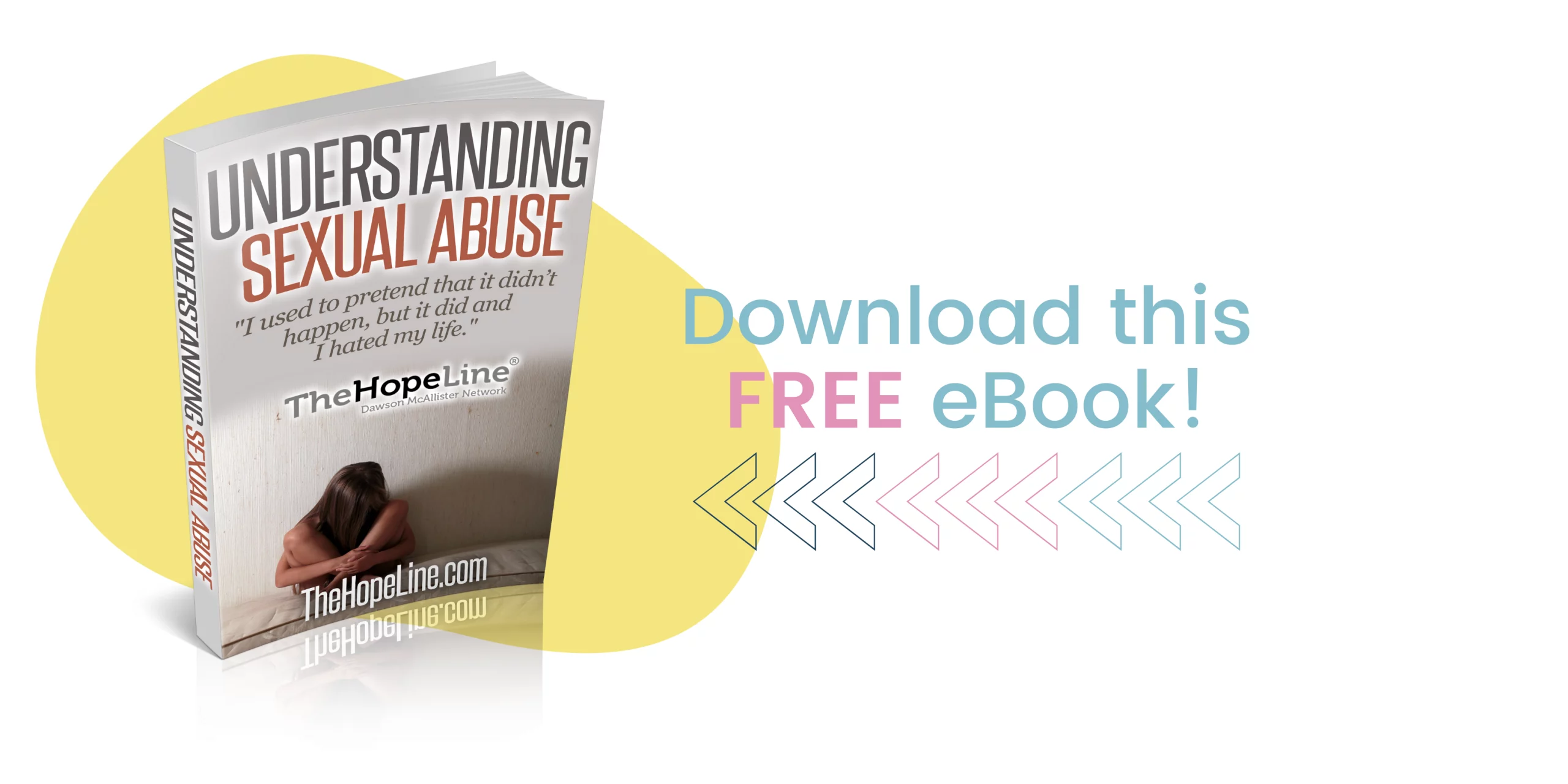Find Healing After Abuse
Staying hopeful after abuse is difficult, but not impossible. Through being a part of TheHopeLine team, I’ve witnessed many people rediscover a sense of hope after assault, and find healing after abuse.
There’s no one right way for everyone to go about their recovery. You are unique, and so are some of the particulars of your abusive relationship or your assault.
But there are some helpful, healthy practices that I’ve seen have a positive impact on many people in the aftermath of their painful experiences.
How to Heal After Abuse
Consider Common Experiences
It’s likely you know someone who has also experienced abuse or assault. Even if you don’t know someone personally who has gone through something similar to what you’re facing, there are plenty of people who have.
One of the reasons assault and abuse support groups are so effective is that the sharing of common experiences helps curb the sense of isolation that’s otherwise so common among abuse and assault victims.
In the course of your recovery after assault, it may help to gently remind yourself, “I am not the only one experiencing this kind of pain. There are many people who understand what I’m dealing with and many people who have experienced healing and recovery in spite of their painful experiences”.
Make Health a Priority
Healing happens more readily when we make health and wellness a priority. Doing this doesn’t have to mean taking drastic steps. Simple things like this go a long way:
- Make and keep doctor and dentist appointments.
- Start seeing a counselor, therapist, mentor, or pastoral counselor.
- Take 10 minutes a day to stretch gently and practice deep breathing,
- Go for a walk in a place you find beautiful.
- Carry a water bottle to remind yourself to stay hydrated.
- Get plenty of rest.
I know these things don’t erase the terrible pain you’re experiencing, but regular self-care can help you address your immediate needs with people who are trained and able to support the physical, mental, and emotional healing you need.
Start with small goals, and celebrate with joy and gratitude any time you are able to be kind to yourself, or to ask for and accept what you need.
Find Faith Where You Can
Healing is often a slower process than we want it to be. Suffering through great pain, or experiencing the sense of loss that comes after someone has violated or hurt us, can leave us feeling like there’s a gaping hole inside.
It can really take a toll on someone's faith. How in the world can God let these things happen? Doesn’t he care? Doesn’t he know what I’m dealing with?
These are all normal questions to ask in the aftermath of assault or abuse. And while there’s no simple solution, I want to encourage you to find faith where you can. Look for even the smallest things that remind you of God’s love, and remind yourself of them as often as you need to.
If you feel overwhelmed, it’s okay to allow yourself time and space to feel a range of emotions, even if they’re difficult, negative, or unpleasant. Healing is not an overnight process, but it is a continual one. You are likely healing and building resilience in ways you don’t even notice right now.
Even a few minutes a day of meditation, prayer, or memorizing a couple of verses can be a great comfort in some of the dark days that come with assault and abuse recovery.
Get Help When You Need It
There will be times when, no matter what you try, you may feel overwhelmed by a sense of hopelessness. Or you may feel like you want to give up on life altogether.
Get help when you need it. That could be as simple as calling a crisis line, reaching out to a friend, or seeing your mental health professional. Asking for help is one of the strongest and most courageous things to do. And if you’re here, you’re already on that path to healing. You can talk to a Hope Coach at TheHopeLine if you’re recovering after abuse or assault and need extra help and support. We are here for you, and we believe you can grow, change, and heal.
Blaming yourself for abuse is normal, but here is hope for healing after abuse. Abuse is never your fault. For more read, One Day at a Time: Healing After Abuse.
Visit Our Partner Resources for Assistance:
The National Domestic Violence Hotline (24/7)
RAINN (Rape, Abuse & Incest National Network) 24/7



